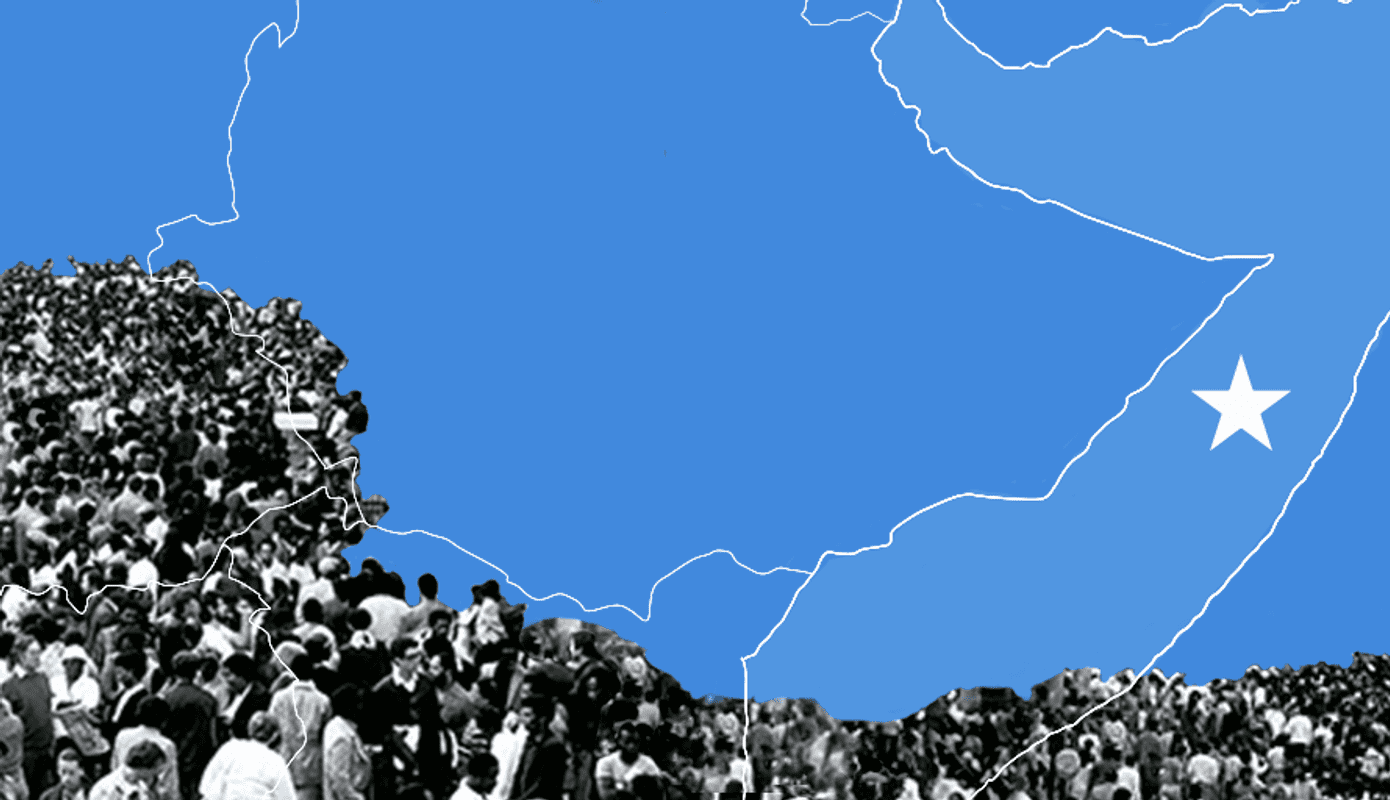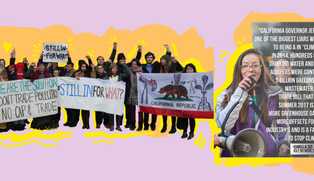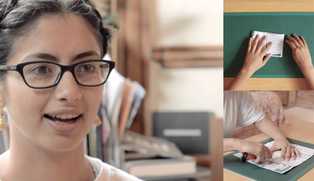On the 14th October 2017, a truck bomb exploded and hit Mogadishu, the capital of Somalia, killing more than 350 innocent Somalis. Two weeks later a suicide car bomber detonated in front of a hotel killing 23 people including children. As relevant and important as questions of ‘who do we blame for these atrocities?’ are, there are bigger things to tackle. With resources and adequate aid sparsely found in the region especially after the drought earlier this year that left more than 6 million people facing food shortages and leaving water undrinkable, it’s safe to say that Somalia has faced an incredible amount of adversity and suffering in the past 9 months.
Growing up in the Somali diaspora, you learn to think of Somalia as being synonymous with trauma. It doesn’t mean you ever get used to the amount of devastation that occurs in the place your parents call home, but it stops being a surprise, especially when it’s so normalised by the media. But the problem with normality is that it becomes hard to conceptualise what actually happens and the extent to which it has affected your kinfolk. With disconnect leading to intense feelings of hopelessness that are only more pronounced in times like these and being so geographically removed, it leaves you with questions such as: what can I do?
With adversity comes different forms of mobility. Many individuals across the 2 million strong Somali diaspora have opted for social media as their mode of involvement. With several different fundraising accounts created for families that have been affected and health services that have worked tirelessly throughout both attacks, it has become a way that both Somalis and non-Somalis alike can donate and show their solidarity in times of crisis.
Although these attacks are viewed as something that came off the back of another, they shouldn’t be coupled together. That detracts from their own importance. These attacks, and other like these are being presented as regularities in the global South and as such are given minimal airtime or simply pass us by because of the way our news cycle is set up. Like most things that affect non-western countries, it needs more coverage and time to process. It’s times like these when our voices as well as physical and emotional aid are imperative.
So here is a list of people and organisations who are raising the awareness of the attacks, as well as money for the survivors. Even if you can’t donate, share it, don’t let this get lost in our media as just another point of destruction:
https://www.gofundme.com/HelpAaminAmbulance
https://www.justgiving.com/crowdfunding/mogattack
https://www.gofundme.com/mogadishu-survivor-fund-caawi




